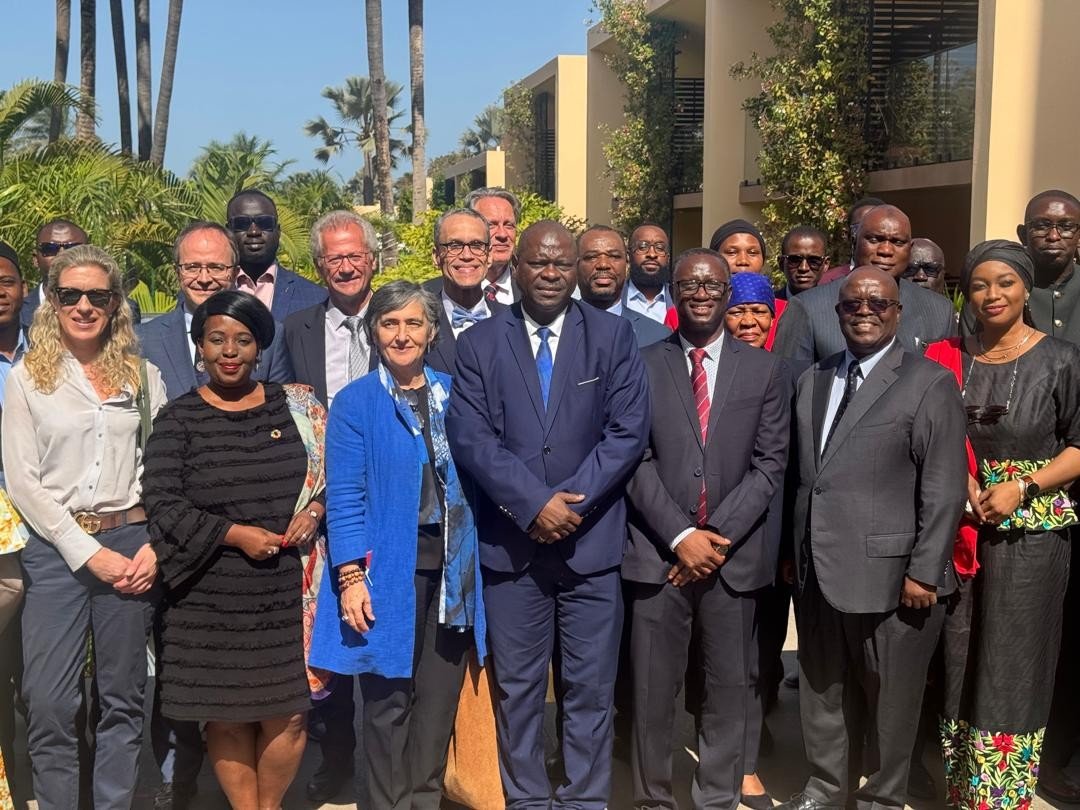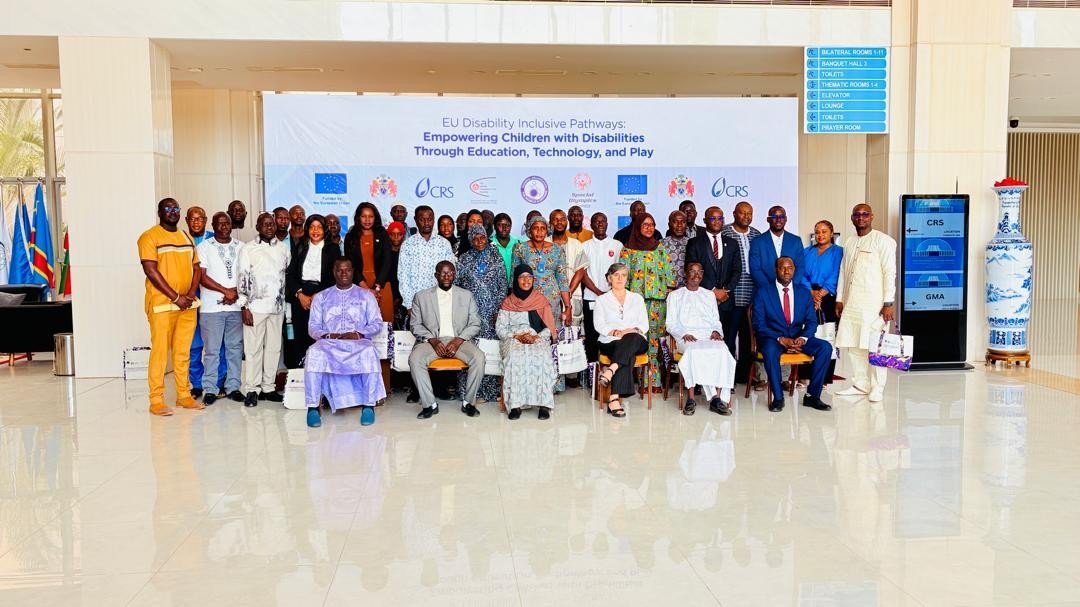The Gambia has taken the lead in addressing inconsistent product regulations across Africa by hosting a significant workshop aimed at promoting continent-wide standards under Africa’s $3.4 trillion free trade agreement.
Varying and conflicting product regulations across Africa have long hindered trade, affecting everything from cashews to cars, which is what policymakers, industry leaders, and regulators aim to address through strategic convergence and trade discourse.
The event, titled “Harmonized Standards: Africa’s Trade Turbocharger,” was organized by The Gambia Standards Bureau (TGSB) and brought together policymakers, industry leaders, and regulators to discuss plans for aligning national regulations with pan-African benchmarks. The objective is to allow businesses to operate seamlessly from Cairo to Cape Town without incurring costly redesigns or delays.
The African Continental Free Trade Area (AfCFTA) promises to create a unified market of 1.3 billion people. However, conflicting national standards related to issues like food safety and factory specifications pose significant obstacles. Experts believe that harmonized rules could reduce red tape, decrease business costs by up to 15%, and increase intra-African trade by 52%.
TGSB chief Papa Secka highlighted Africa’s untapped potential, pointing out that while 3,000 agreed standards exist, they are often unknown or ignored. “A rule no one follows is just ink on paper,” he cautioned, calling for a continent-wide educational initiative.
Additionally, ARSO head Dr Hermogene Nsengimana urged businesses to adopt the mantra “Compete Globally, Conform Locally, Connect Continentally”, framing standardization as crucial for Africa to compete with drably supply chains. Trade Ministry representative Mod AK Secka connected this initiative to job creation and economic growth, promising to expedite alignment with AfCFTA’s Annex 6 – a framework for utilizing global standards to facilitate cross-border transactions.
According to Secka, Africa loses $65 billion each year due to trade barriers stemming from mismatched regulations. With the full launch of AfCFTA on the horizon, The Gambia’s workshop marks a pivotal shift in how nations view standardized rules – not as compromises, but as essential tools for unlocking factories, generating jobs, and providing affordable goods for millions.
As ARSO-supported initiatives gain momentum, one message is clear: Africa’s trade revolution will depend not on tariffs, but on reaching agreement on fundamental standards, like how tall a tomato can be.






